The second coming of President Trump has brought an invigorated commander-in-chief asserting broad authority over the executive branch, reigniting debate over how much power the president has over his own subordinates, including US Attorneys.
At present, the battle has focused on one US Attorney in particular. On March 24, 2025, the President named Alina Habba, his former personal attorney, the Interim US Attorney for the District of New Jersey. There’s a catch: Interim US Attorneys may serve only 120 days. On July 1, the President nominated Habba for Senate confirmation as New Jersey’s US Attorney; if confirmed, Habba could have served permanently at the pleasure of the President. Neither of her home state’s senators (both Democrats) supported Habba.
In the meantime, the clock ran out on Habba’s interim appointment, and under an obscure law found at 28 U.S.C. 546(d), federal judges in New Jersey named her deputy, Desiree Grace, the Acting US Attorney. Acting US Attorneys, who are career prosecutors named for temporary promotions, expect to return to their line jobs at some point. Grace accepted the appointment. But Trump still wants Habba, so his Justice Department, as one would expect, took up the boss’s famous charge to “fight, fight, fight” back. Attorney General Pam Bondi fired Grace, rehired Habba as a deputy, and then promoted Habba to Acting US Attorney while the President’s team pulled her nomination paperwork.
Skeptics on the left have questioned Habba’s qualifications for the job. Ultimately, if President Trump resubmits her nomination for confirmation, that will be a matter for the Senate to determine. In the meantime, at least one criminal defendant has challenged his indictment in court, claiming Habba lacks the authority to serve as Acting US Attorney.
If all this sounds incredibly complex – it is, even for lawyers. The kerfuffle over who has the power to appoint US Attorneys, however, is a question of constitutional importance. The Habba scenario may play out across the country as President Trump’s interim US Attorney appointments, including those in Washington, DC, New York and California, are reviewed by the judiciary. This is important because US Attorneys are the chief law-enforcement officers for the districts in which they serve; Habba is essentially President Trump’s top cop when it comes to federal cases in New Jersey in which the US is a party.
A US Attorney has tremendous authority vested by the Justice Department. She has the power to determine prosecution priorities; direct high-profile cases; manage relationships with other law-enforcement leaders; lead personnel by hiring, firing, and promoting staff; and serve as the public face of the office, including with the press and community. In turn, the Justice Department is a cabinet agency of the executive branch. The department will naturally pursue the priorities of the president, whether that be illegal-alien entry, human trafficking, or white-collar crime. That is, unless a rogue prosecutor turns rebel. So the president has a deep interest in who leads each of the 94 US Attorney Offices across the US and its territories. Promises made to voters about border control, protection from sexual predators, and safeguarding American markets from foreign bad actors, for example, must be promises kept.
All of this brings us back to the question of who should appoint US Attorneys. Should top federal prosecutors be appointed by the president, acting through the Justice Department, which they serve, or should US Attorneys be named by federal judges, who belong to an entirely separate branch of government?
As a matter of policy, the answer seems clear. The president must have control over the people executing policies under the authority of departments for which he holds responsibility. Every cabinet agency, including the Department of Justice, answers to the president and should execute his policymaking vision. President Trump and his team have identified a fight worth fighting, and they deserve to win.
Federal judges have no more business appointing US Attorneys than they do US Marshals, Assistant Attorneys General, or any other members of the executive branch. There is no other comparable context in which the bench has the power to appoint anyone to a separate branch of government. Judges are umpires, not players.
The law, however, is unsettled at this point. Until the recent New Jersey complaint, no litigant had challenged the ability of the president to appoint temporary US Attorneys. Unless Congress revisits the thicket of legislation that created this chaos, Alina Habba’s fate as US Attorney someday may be decided by the Supreme Court.



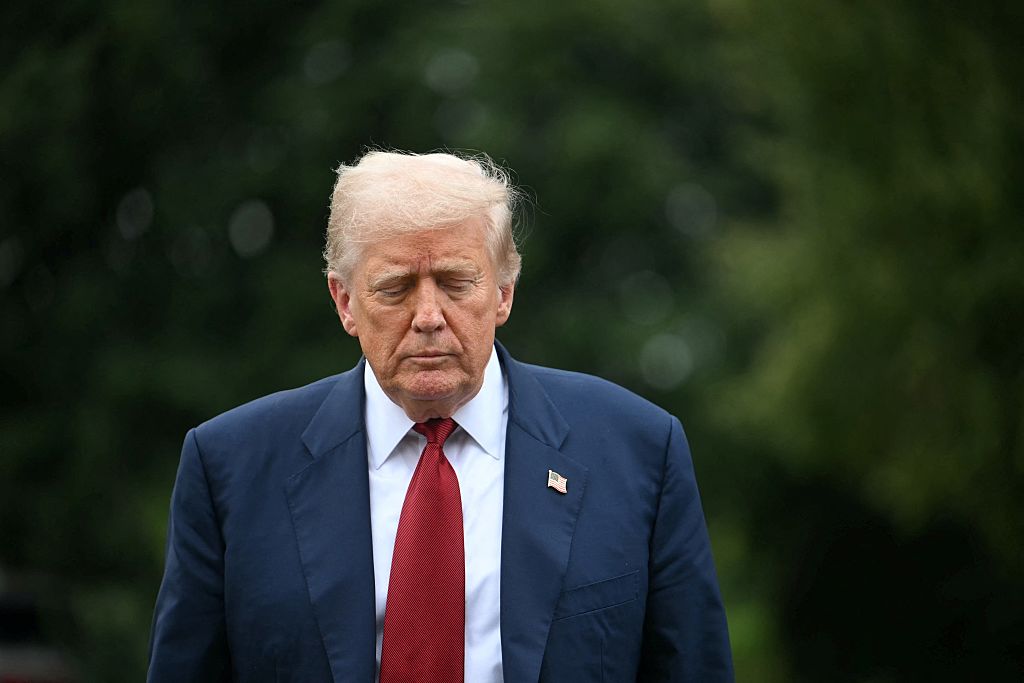






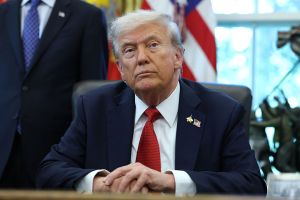

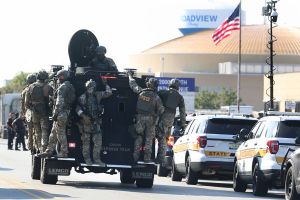
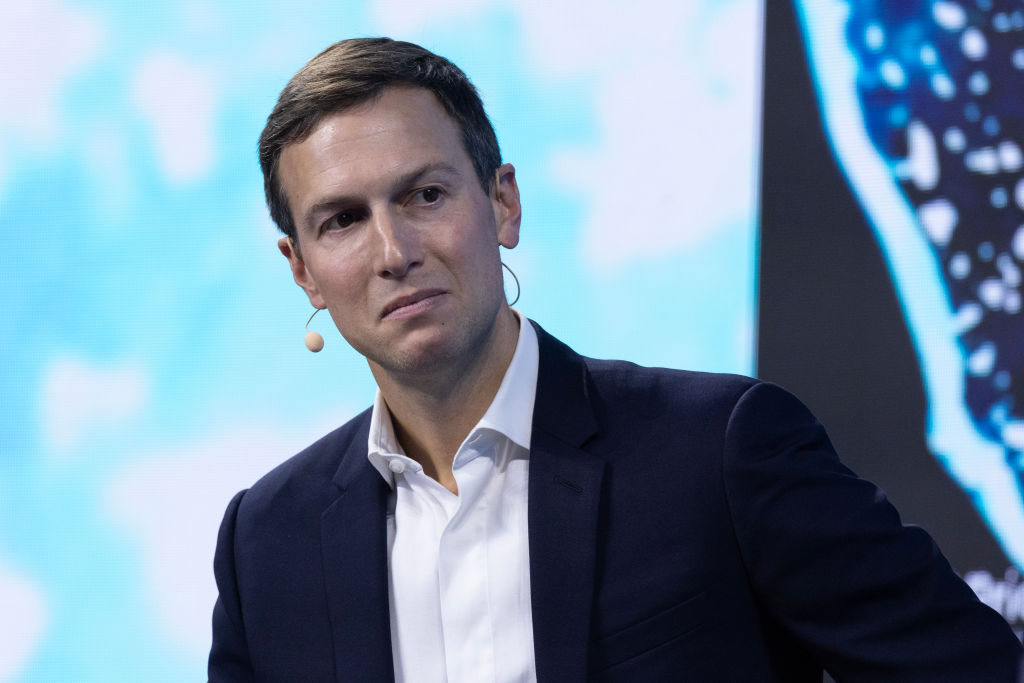
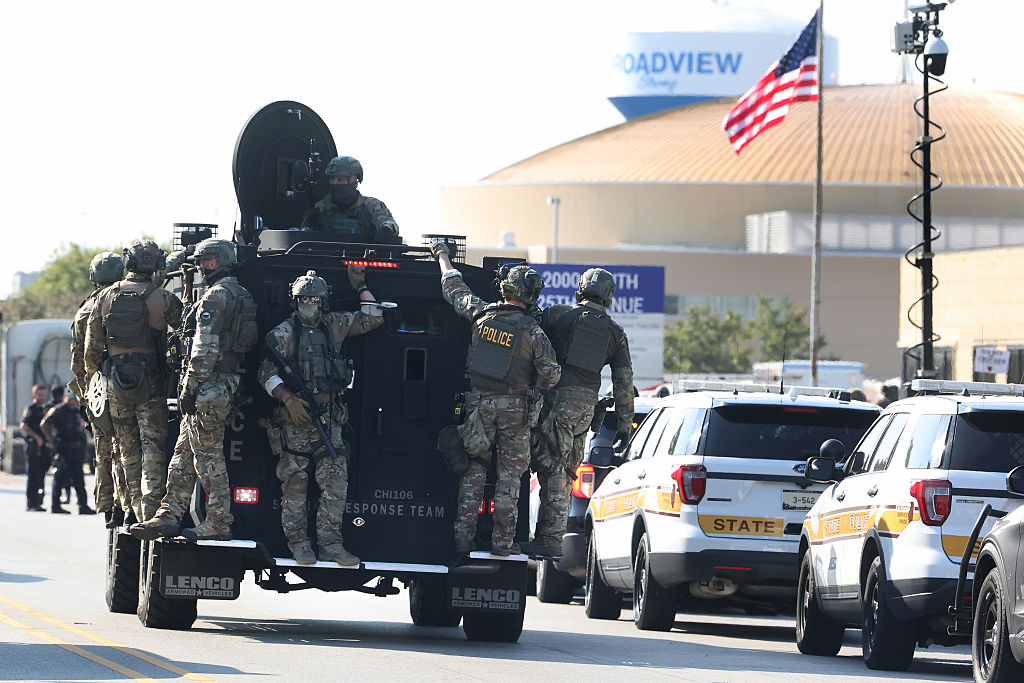
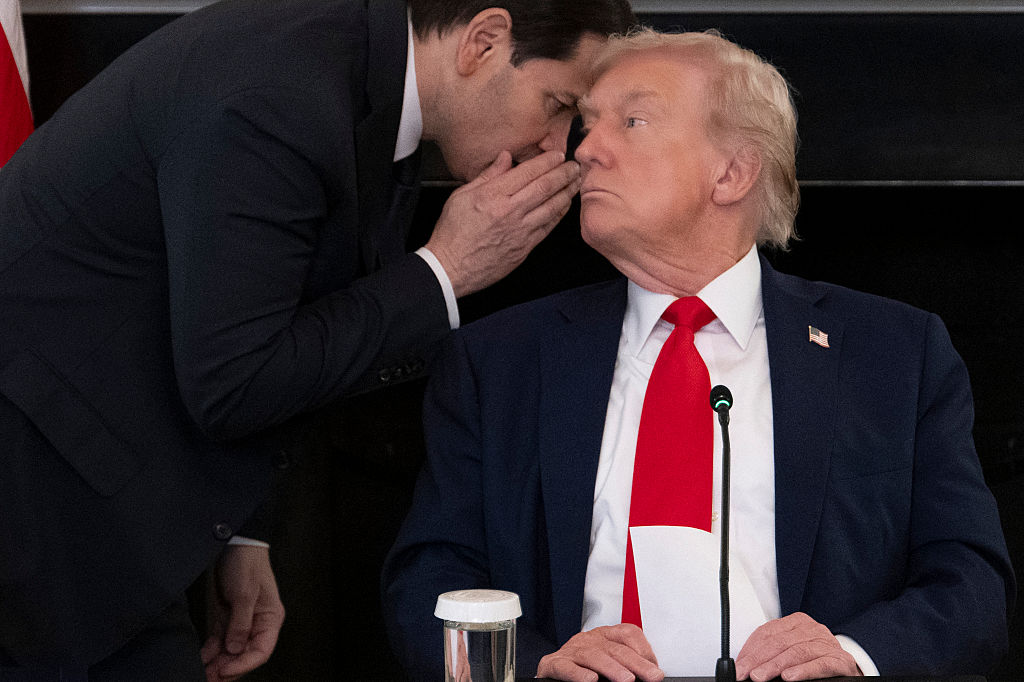
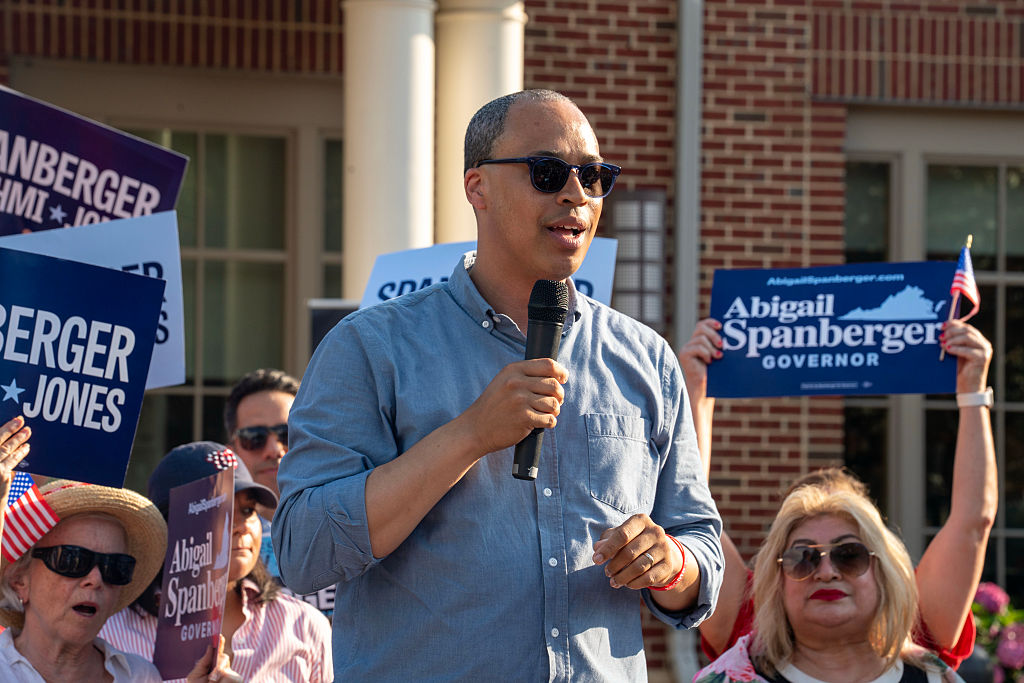

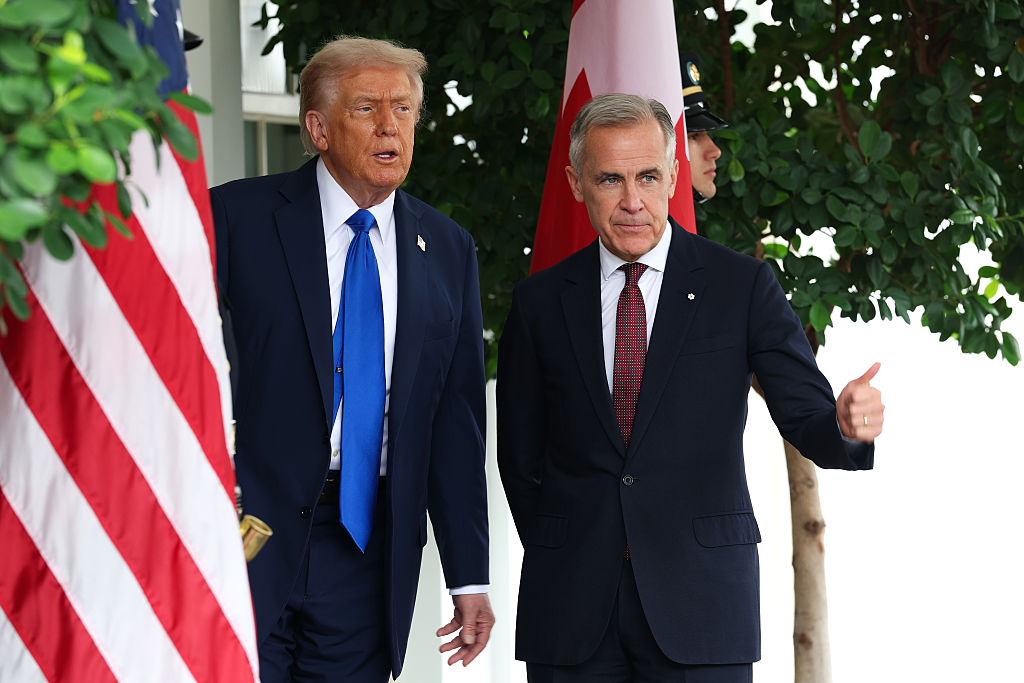







Leave a Reply